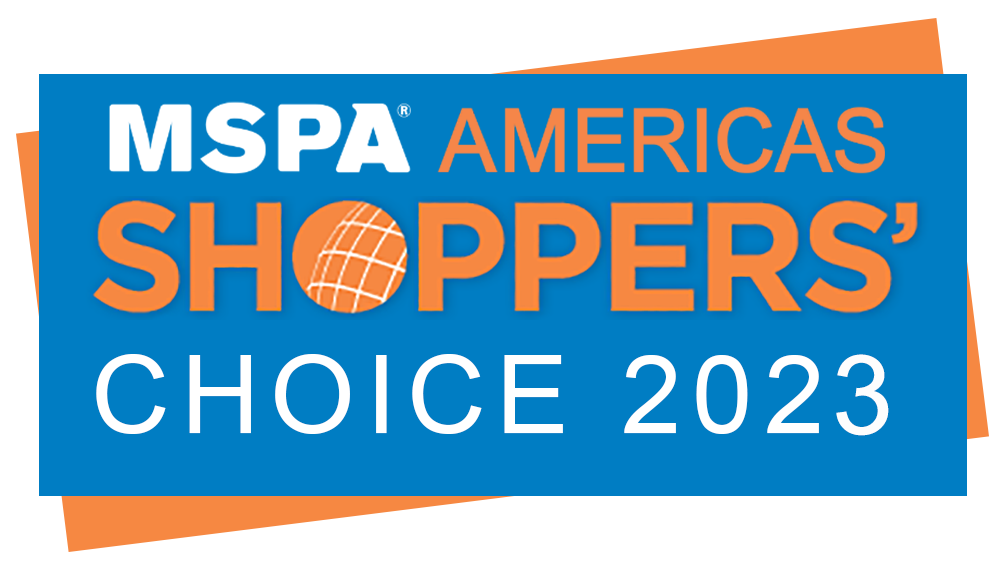
Twitter and other major social networks have done something we’ve never seen before. They banned the accounts of a very high profile and influential person. Not just any person… the President of the United States.
First thing to remember: Twitter is a business. When you use their service, you agree to their Terms & Conditions. Whether you agree with the suspension or not, there’s a bigger question at play here. This is the first time Twitter has exerted this sort of power. Should they have that power and what kind of precedent does it set? We’re not here to debate politics, but we are here to help you understand what this could mean for you and your company Twitter account.
Think about it. Could you imagine suddenly being canceled by Twitter? The successes and failures you’ve endured to find the right audience. All the tweaking to find the right voice that resonates with the right people. The painstaking amount of time it’s taken to gain all those followers. Gone. I imagine a company like Wendy’s would take a pretty big hit here.
So what can you do to make sure you’re not the next one on the chopping block? First, let’s start with a refresher of the Twitter Rules. According to Twitter, they reserve the right to suspend and/or ban accounts who they perceive violated the following key guidelines:
- Safety
This is a pretty standard one. You can’t post anything that would harm or threaten yourself or others.
- Privacy
You can’t post or publish other people’s private information.
- Authenticity
This basically states you can’t spam people, interfere with elections, spread false news and information, impersonate other people or companies, share manipulated media or violate any copyright or trademark. So be who you say you are, don’t actively try to suppress others and publish truthful content.
- Third Party Advertising in Videos
This one is a bit more specific, but what does that even mean? It means you can’t post a video that includes any third-party advertising, such as pre-roll video ads or sponsorship graphics, without Twitter’s prior consent. (It’s possible you’ve been guilty of this without even realizing it.) Translation: Twitter monetizes itself by you purchasing ads, promoted tweets, etc. If you create an ad utilizing a third party and you paid them for that ad, you can’t then run that ad in the content you publish on Twitter.
- Account Security
This is actually a helpful one. If Twitter suspects you have been hacked in any way, they will automatically and temporarily suspend your account until you can gain control of it. This will also prevent the hacker (or even a disgruntled employee) from publishing any more potentially harmful posts acting as you.
- Someone Reports Your Tweets
Twitter will suspend your account if enough people report your tweets as abusive. This one could be tricky because if you make a false step and your followers decide to cancel you, one way to do that is they can collectively decide to report your tweets. Now, Twitter will follow up with the situation and will reinstate you if it was a false attempt to get your account suspended, but that’s super annoying to deal with.
Oh, and they reserve the right to change the rules at any time. The thing is, all of these are left to Twitter’s definition and interpretation. So how do they enforce these rules and how does it affect you?
Assuming you’re not using your company account to threaten or harm others, purposefully spread false information, spam other users, manipulate media or commit copyright infringement, there’s really only three things you need to be concerned about: Third party advertising, hackers and a lot of angry followers. How do you prevent this?
Don’t post any content that includes third-party advertisements.
Keep your account safe and secure. We can’t tell you how many companies don’t even change the password to their Twitter account after an employee leaves. Set up a way to regularly update your password (consider monthly) and make sure it's a strong one! This won’t make you completely hack-proof, but it will help.
Make sure social and PR teams have an easy way to communicate. When we talk about cancel culture and causing your followers to rise up against you, it doesn’t necessarily mean it even had to happen on Twitter. If your CEO makes an announcement in a TV interview that isn’t popular with some viewpoints or a customer has a bad experience at your location and their TikTok goes viral… No matter where it happens, people are quick to take to Twitter to continue the backlash. Your PR and social media teams need to have a united front and plan to mitigate the situation.
While knowing Twitter could ban your account at any moment can be daunting, the reality is, it’s uncommon for them to just pull the plug on your account. You have to flagrantly violate their established guidelines, but knowledge is power and you need to be prepared in this current world of “cancel culture.”
And if you’re reading this because your account was already suspended, you can file an appeal here.
Related Articles
Does Online Reputation Management Matter for Colleges and Universities?
As a busy professional working within higher education, online reputation management may be the furthest thing from your mind. However, in today’s world where online conversations are shared 24/7/365 and holding more value than the offline world, it is critical for any college...
How to Respond to Negative Reviews and How to Maximize Them
You’re doing what you should. You’re running a business, running social media, running marketing, and things are going well. Business is moving along, customers are coming by, people sometimes leave a review. You’re going through your day and you see it, a negative review. It’s...
Top Tags
Solutions
Recent Articles
Contact Us
Schedule a ConsultationTalk Shop
View All ArticlesGreat Team
The entire team has been great to work with!


